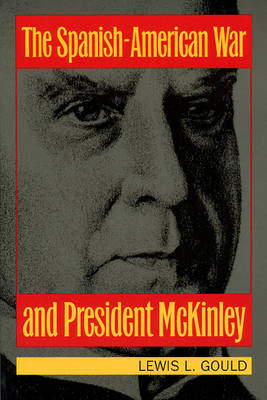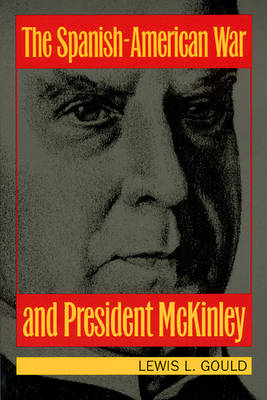
- Retrait gratuit dans votre magasin Club
- 7.000.000 titres dans notre catalogue
- Payer en toute sécurité
- Toujours un magasin près de chez vous
- Retrait gratuit dans votre magasin Club
- 7.000.0000 titres dans notre catalogue
- Payer en toute sécurité
- Toujours un magasin près de chez vous
Description
This succinct, readable outgrowth of the author's highly-acclaimed volume The Presidency of William McKinley, deserves widespread adoption in courses on late nineteenth- and early twentieth-century U.S. diplomatic history and foreign policy. It substantially supersedes other accounts of the coming of the Spanish-American War, the war itself, and the aftermath of the conflict. Based on the most up-to-date research available, it provides a new and refreshing perspective on McKinley's handling of the war.
According to Gould, McKinley's expansive view of presidential power had a significant effect on his role as commander-in-chief during the war years and on his efforts to make the White House a command post. McKinley laid the foundation of the modern presidency by his courageous and principled presidential leadership during the coming of the war, by the way he conducted and oversaw the war itself, and by the manner in which he made peace with Spain, acquired the Philippines, and gained approval of the Treaty of Paris in the Senate
Gould's thought-provoking analysis may cause scholars to rethink the era in a new way; its lively style will be appreciated by students.
Spécifications
Parties prenantes
- Auteur(s) :
- Editeur:
Contenu
- Nombre de pages :
- 176
- Langue:
- Anglais
Caractéristiques
- EAN:
- 9780700602278
- Date de parution :
- 29-10-82
- Format:
- Livre broché
- Format numérique:
- Trade paperback (VS)
- Dimensions :
- 154 mm x 229 mm
- Poids :
- 272 g

Les avis
Nous publions uniquement les avis qui respectent les conditions requises. Consultez nos conditions pour les avis.






